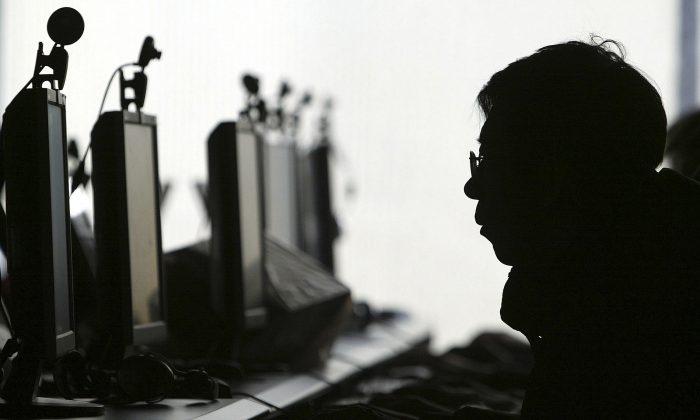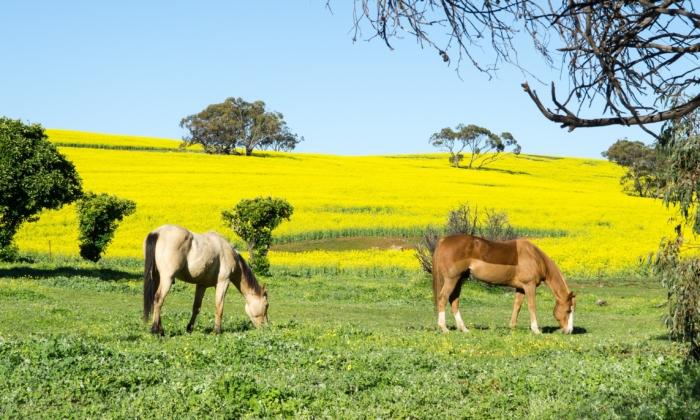Australia’s domestic security agency has suggested using face scans to confirm people’s age before they watch online pornography.
The Department of Home Affairs has also raised using the technology to restrict access to gambling sites.
The department has recommended checking ages by matching a person’s photo with a document already lodged with Home Affairs, such as a driver’s licence.
“This could assist in age verification, for example by preventing a minor from using their parent’s driver licence to circumvent age verification controls,” it wrote to a parliamentary committee investigating the idea.
The United Kingdom this month failed to pass plans to introduce a nationwide age verification system for online pornography, after years of technical troubles and concerns from privacy campaigners.
The Home Affairs proposal would piggyback off a separate proposed facial recognition scheme being pursued by the federal government.
The government wants agencies, banks, and phone companies to be able to use the technology.
However, a bipartisan committee recently shot down the proposal over fears it could lead to ’mass surveillance,' telling the government to redraft its plans.
Sex industry lobby group Eros Association suggested stronger parental controls be made available by internet service providers, pointing to Telstra allowing a filter of websites.
In the association’s submission, general manager Rachel Payne says the UK model posed serious privacy concerns and risked creating a potential “honey pot” for hackers.
Payne also warned other age-classified content, like R18+ films or works of art, could be caught under the age verification scheme.
She said the same company which runs adult website PornHub, is also the largest provider of a third-party age verification tool, which Payne said created a conflict of interest.
The University of New South Wales’ Law Society said in countries where age verification for porn was enforced, effectiveness was limited with over four million domains and internet tools allowing users to circumvent controls.
But the society did say Italy, Denmark, and Spain had successful government-run age verification schemes for online gambling.
The society said the UK’s scheme was unable to guarantee the anonymity of users and would have potentially forced them to use multiple third-party age verification systems.
South Eastern Centre Against Sexual Assault and Family Violence said restricting children’s access to porn would allow them to learn about sex more appropriately.
“In our client work there have been cases of children sexually assaulting younger children in ways they have learnt from watching pornography,” the centre’s submission said.





